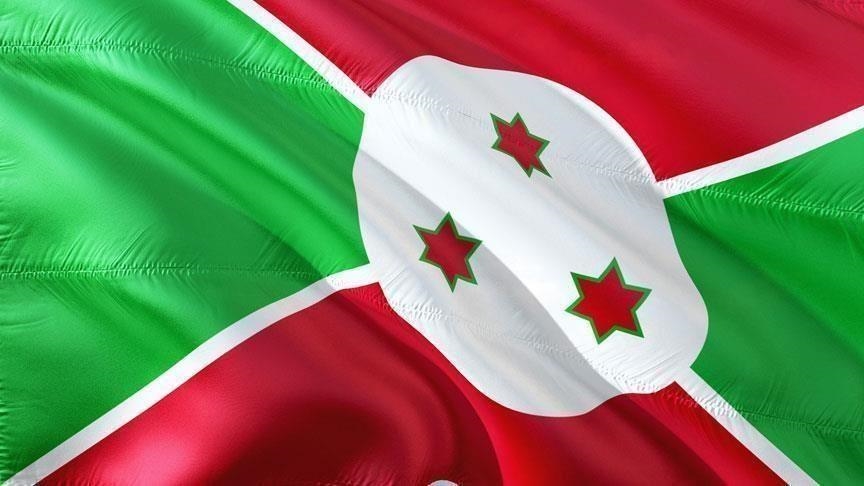Burundian survivors welcome report on 1972 massacres
Truth and Reconciliation Commission concludes that 1972-73 killings constitute genocide

KIGALI, Rwanda
Survivors of a series of mass killings committed in Burundi from 1972 to 1973 by the Tutsi-dominated army against the Hutu ethnic group on Wednesday welcomed a decision to describe the events as genocide.
In a progress report presented to parliament earlier this week, the Truth and Reconciliation Commission (TRC) said the crimes committed during the years in question had genocidal intent.
“The Truth and Reconciliation Commission solemnly declares this Dec. 20, 2021 that the crime of genocide was committed against the Bahutu of Burundi in 1972-73,” said Pierre Claver Ndayicariye, the president of the TRC.
Burundian survivors under the umbrella group the Collective of Survivors and Victims said the report came as a relief to them.
“We have a feeling of satisfaction, though not total satisfaction,” Francois-Xavier Nsabimana, the group’s president, told reporters.
“This is only a step to opening up the truth, to shed more light on an event that had been covered up for a long time,” he said.
Burundi will next year mark the 50th anniversary of the 1972 crisis, which began on April 29 when Hutu insurgents launched an attack in Rumonge in southern Burundi targeting members of the Tutsi elite in power under the presidency of Michel Micombero, a Tutsi.
In the ensuing crisis, there was indiscriminate repression against the Hutus, the majority ethnic group in the central African country.
At least 692 mass graves were identified, and in the 190 already opened, the human remains of 19,897 victims were retrieved, Ndayicariye said, explaining the basis of the commission’s conclusion.
The TRC relied on its investigations into “the serious, massive and systematic violations of human rights.”
The commission, according to Ndayicariye, has so far contacted 955 witnesses between the ages of 60 and 94 from all ethnic groups and categories.
The investigations, he said, show that the institutions of the state, from the presidency to the local administrations, judiciary and army, participated and contributed in the arrests and assassinations targeting members of the Hutu ethnic group.
Ndayicariye, however, said there were crimes against humanity that followed which even claimed the lives of some members of the Tutsi ethnic group.
Burundi’s parliament adopted the commission’s conclusion and called on the government to recognize the crimes as genocide against the Hutus.
Anadolu Agency website contains only a portion of the news stories offered to subscribers in the AA News Broadcasting System (HAS), and in summarized form. Please contact us for subscription options.



